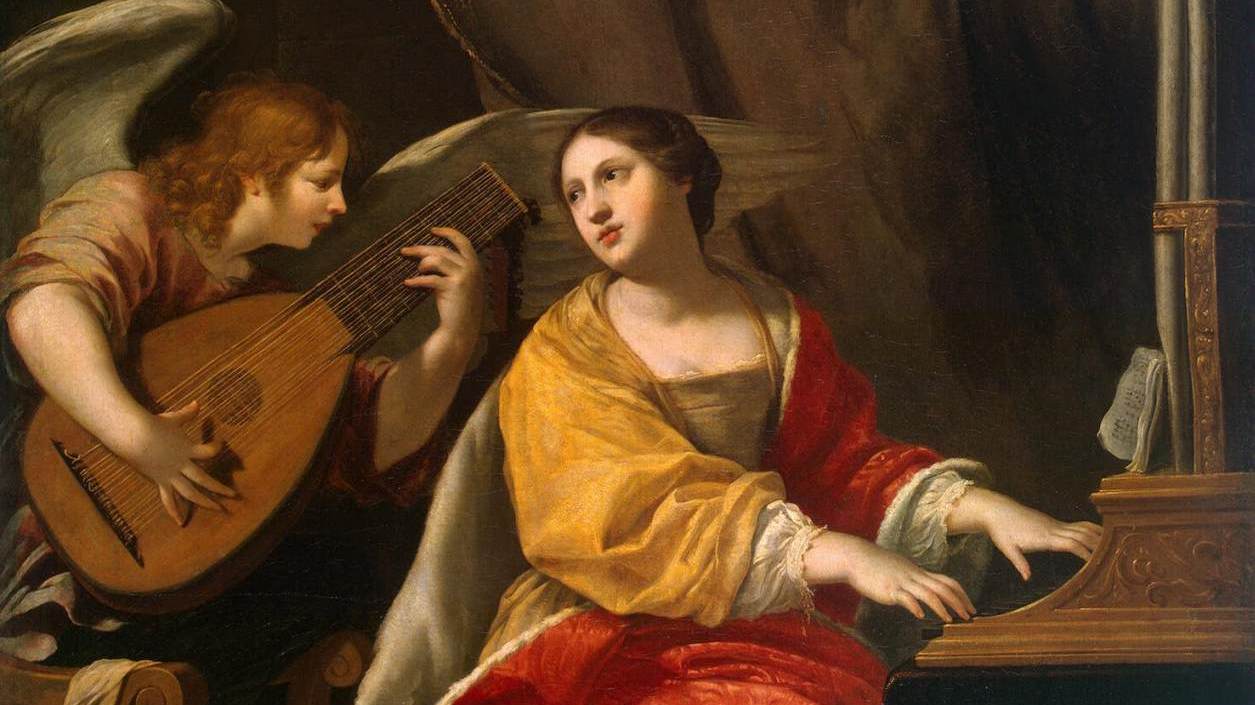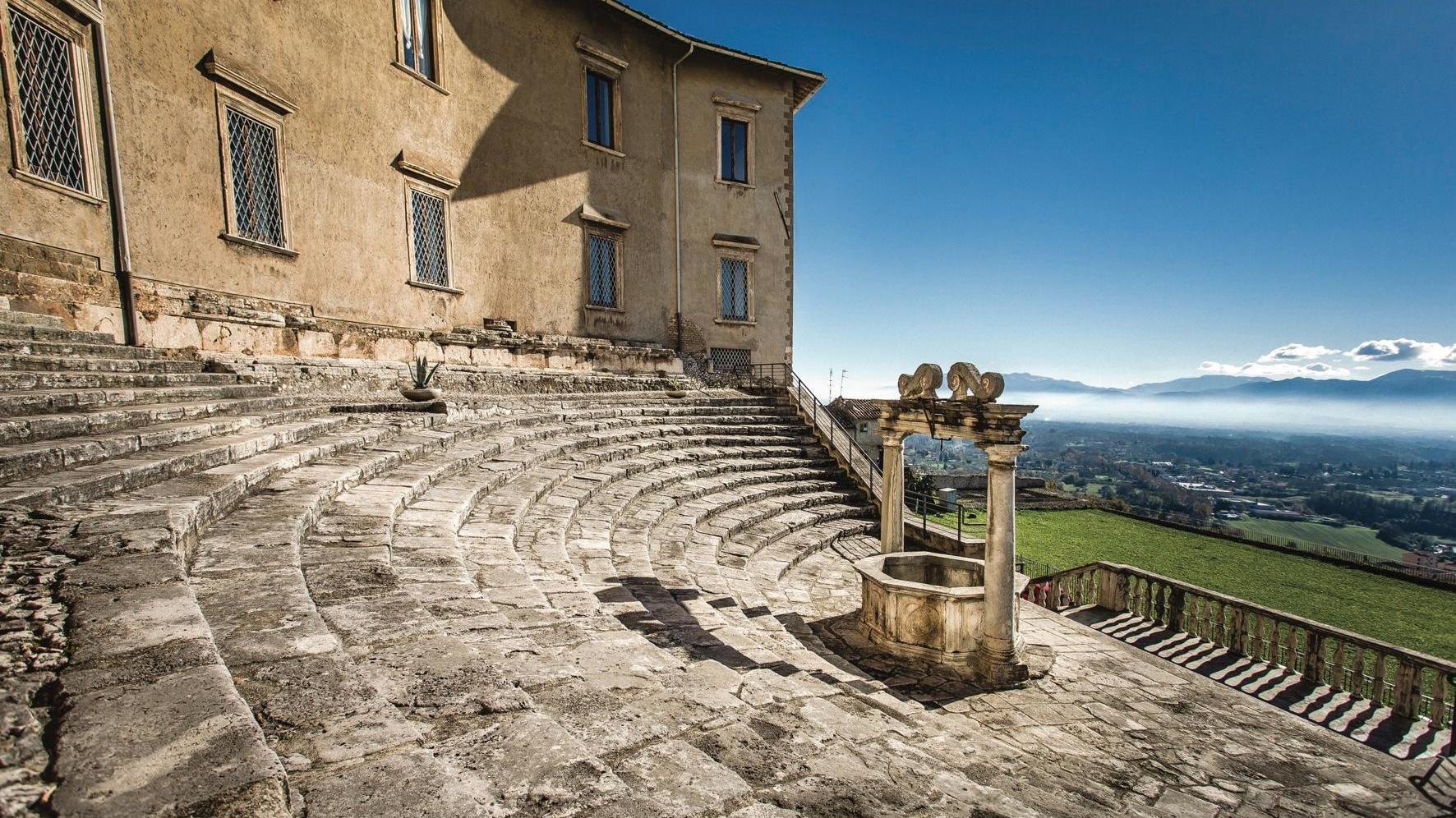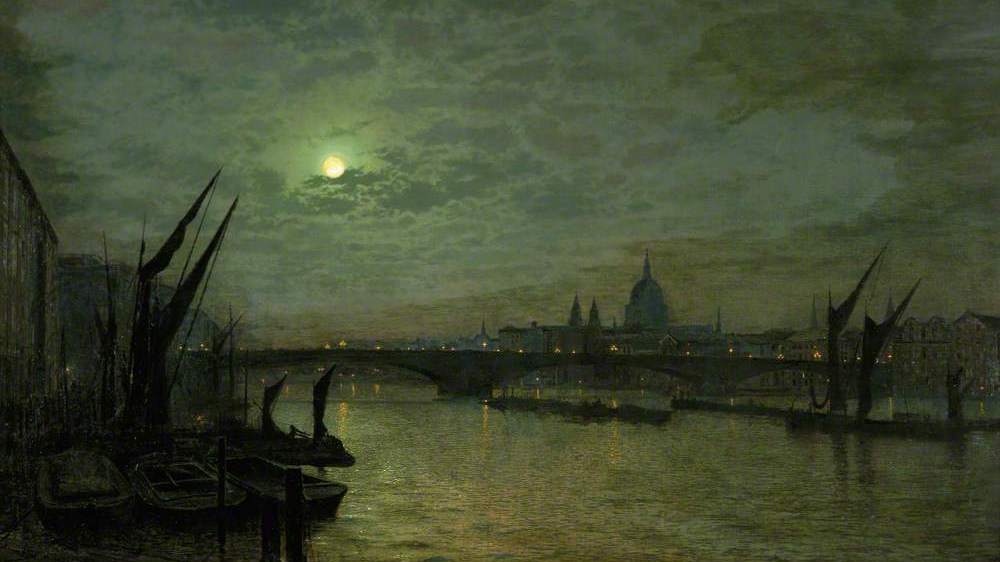“Resonet in Laudibus”: Music of Lassus, Praetorius, and the Moosburg Gradual
Resonet in laudibus (“Let the voice of praise resound”) is a Christmas carol which dates back to the 14th century. Popular throughout Medieval and Renaissance Europe, the melody found its way into the choral motets of composers such as Orlande de Lassus and Jacobus Gallus. In 1550, Georg Wicel called it “one of the chief Christmas songs of joy.” Let’s explore the evolution of this exuberant melody through two Renaissance motets. In both …







